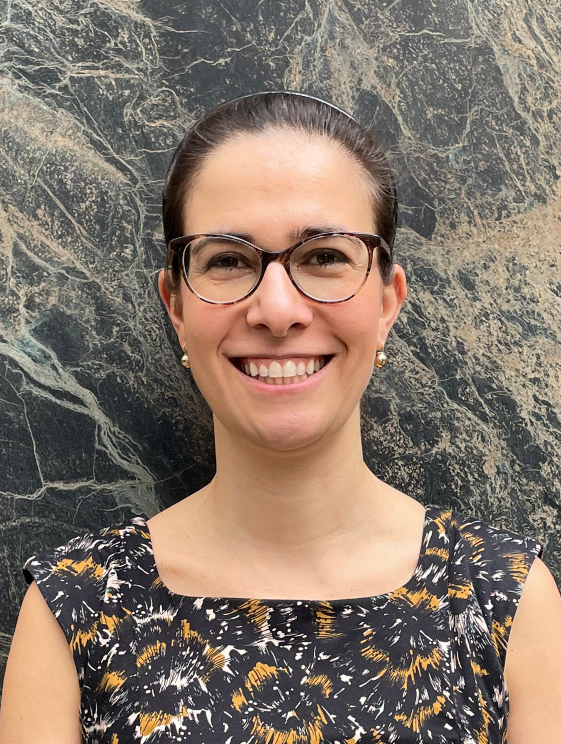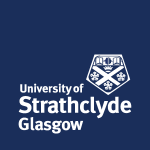Combining confounded and unconfounded in heterogeneous treatment effect modelling
Speaker: Prof. Ioanna Manolopoulou
Time: 14:00 (GMT), Nov 26, 2025.

Abstract
Building statistical models using non-randomly sampled data is a well-known challenge in statistics, and is especially challenging when any part of the statistical model is not fully identifiable. In causal inference, and in particular in the estimation of heterogeneous treatment effects, this arises when observational data are used which may be affected by unobserved confounding. One approach to correct for such confounding is to combine data with and without unobserved confounding. However, when the unconfounded data are not representative of the whole population, the effect of de-confounding will be poor for subsets of the population that fall outside the range of these data. Depending on the structure of the model and the nature of the prior distributions used within a Bayesian model, this will be addressed by borrowing information from other parts of the space. In this work, we highlight the importance of building models that can account for uncertainty due to unobserved confounding in regions where no de-confounding is possible. To this end, we embed a combination of data with and without unobserved confounding into Bayesian Causal Forests (BCF), and make use of a data-dependent tempered likelihood to harness as much reliable information from the unconfounded data as possible, without leading to over-confidence in regions of poor identifiability. We implement our methods on a set of simulated and real data examples.
Our Speaker
I am a Professor of Statistical Science in the Department of Statistical Science at University College of London, as well as Associate Director of the HDRUK-Turing PhD programme. I moved to UCL in 2012 after spending 4 years at Duke University and the former Statistical and Applied Mathematical Sciences Institute (SAMSI) as a postdoctoral fellow. I moved to Durham NC from Cambridge UK, where I did my PhD under the supervision of Prof. S Tavaré and Prof. S.P. Brooks. My main research interests lie in developing, extending or re-evaluating Bayesian models, with a view to producing inferences which are useful and interpretable in practical applications. My focus is in flexible modelling tools such as mixture models and tree models and applications of interest range from health data science to retail analytics.


